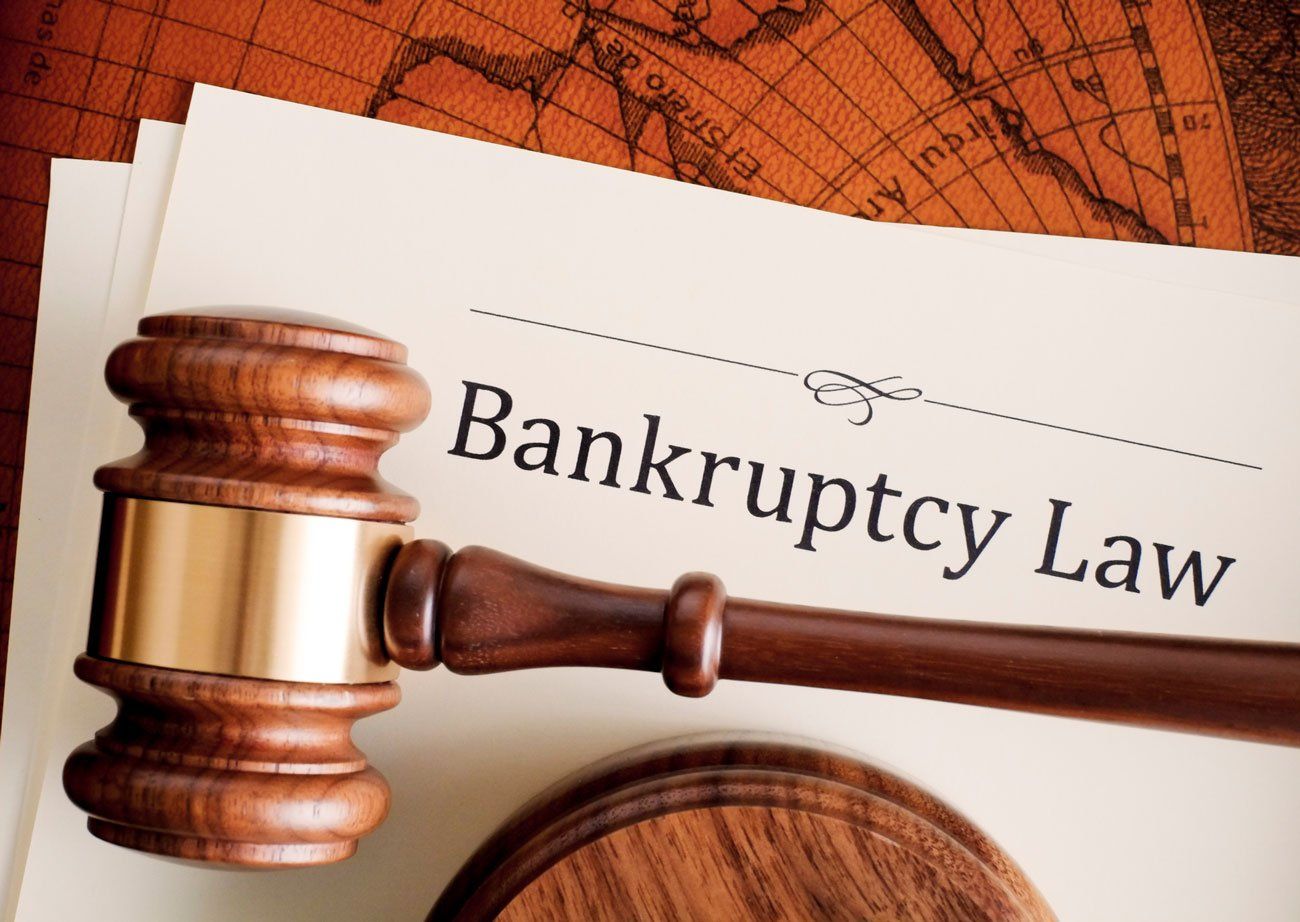Serving Over Seven Counties in Southwestern Virginia and the New River Valley
Contrary to popular belief, bankruptcy is not a sign of moral weakness or personal failure. The majority of people who file for bankruptcy fully intend to repay their debts, but are unable to do so due to circumstances beyond their control. Let us explain how bankruptcy can:
- Stop foreclosure and allow you to save your house despite mortgage default.
- Stop wage garnishment so you can keep the current income you need to live on.
- Stop bank account levies and other aggressive actions by creditors.
- Stop creditors’ harassing phone calls and other forms of intimidation.
Filing bankruptcy does carry consequences, but it can allow you to bounce back and restore your credit more quickly and decisively, too.
Contact Us To Discuss Bankruptcy As A Debt Solution
Attorney Scot S. Farthing and the rest of our legal team is prepared to handle your bankruptcy needs deftly and efficiently, always keeping your long-term financial goals and best interests in mind. Contact us
today to schedule your free initial bankruptcy consultation.



